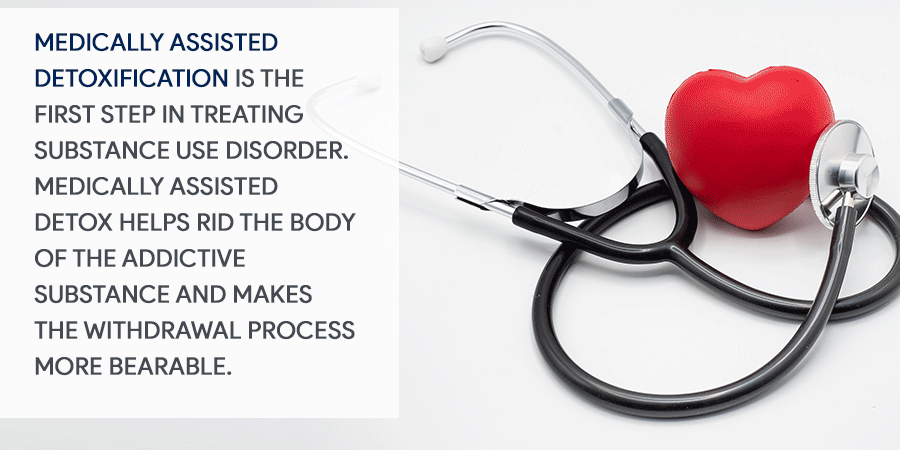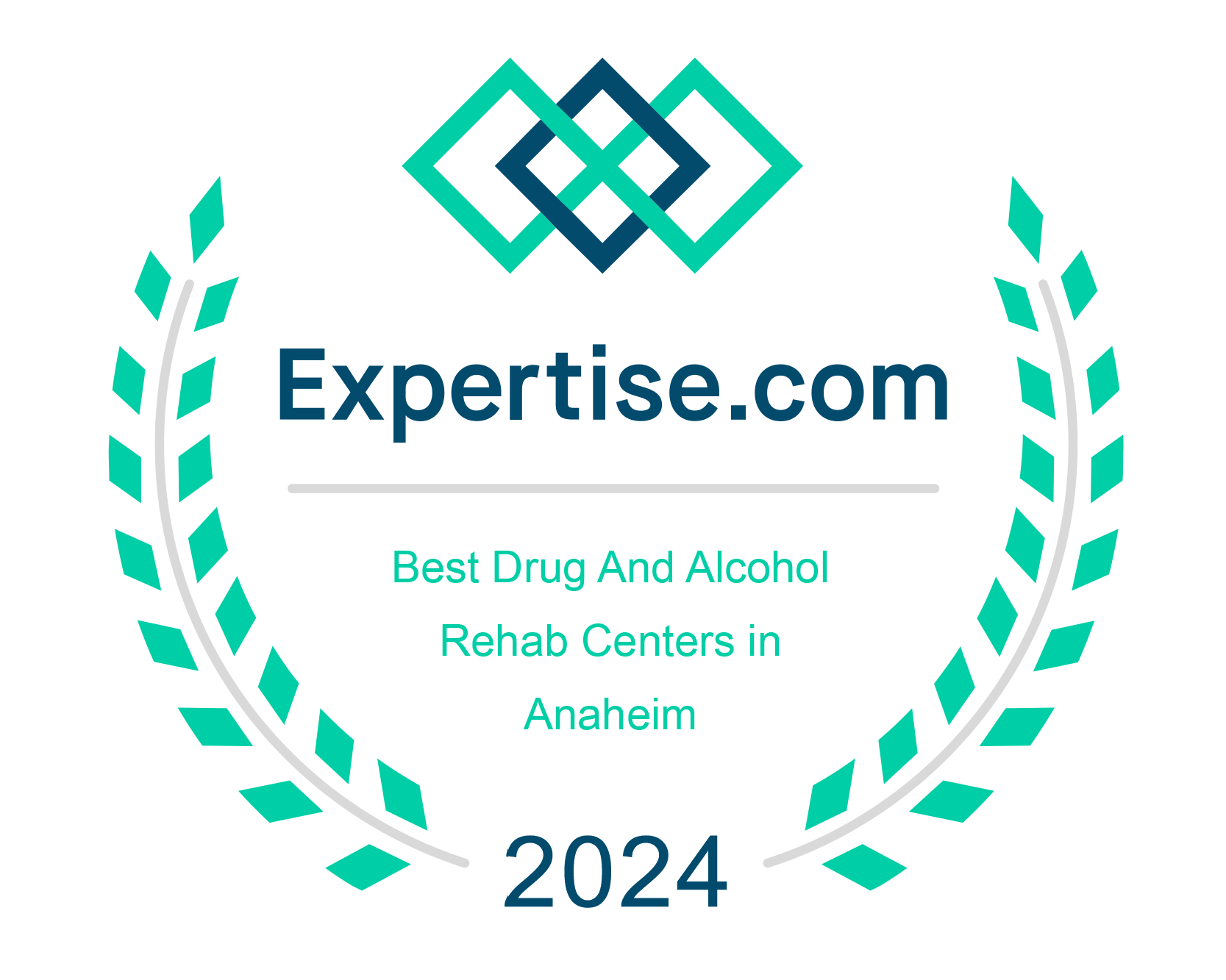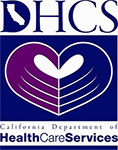Denial is one of the most common obstacles to overcome when seeking addiction treatment. Many people in denial refuse to admit they have a problem and will go to great lengths to conceal their addiction. This can prevent them from getting the help they need, often resulting in tragic consequences.
If you or someone you know is struggling with addiction issues, it’s important to seek help as soon as possible. The right treatment program can provide the support you need to overcome your addiction and live a healthier life. Don’t let denial and fear keep you from getting the help you desperately need. There is hope for recovery, and treatment can make it possible.
Denial Will Keep You from Getting the Help You Need
Addiction is a serious problem currently affecting millions of people around the world. Whether it is to drugs, alcohol, or any other addictive substance, the constant need for more can wreak havoc on both your physical and mental health. Sadly, one of the biggest obstacles that many addicts face in their journey to recovery is denial. This reluctance to admit to the problem can prevent them from seeking help and ultimately hinders their ability to break free from addiction.
At its root, denial is fueled by shame and fear. Many people struggling with addiction tend to internalize their behavior, viewing it as a moral failing rather than a symptom of underlying issues. As a result, they may push away loved ones or avoid addiction treatment for fear of judgment and condemnation. Additionally, many people are afraid of having to confront the painful memories that fuel their destructive behaviors. But until these painful feelings are faced head-on, there can be no real healing or change.
If you or someone you care about is presently struggling with addiction, it is crucial not to let denial stand in your way. Seek adequate professional help as soon as possible. Trust that you can overcome this destructive cycle with the proper support and treatment. Your life depends on it.
Denial and Addiction
Addiction denial is a common barrier to treatment and recovery. It takes many forms, but it typically involves refusing to admit that there is a problem with substance use. Denial can be a way of protecting oneself from the painful reality of addiction, but it ultimately keeps people from getting the help they need.
Addiction denial can manifest as minimization of the problem, denial of its seriousness, or denial of its negative consequences. It can also involve rationalization, such as believing that alcohol or drug use is not a problem because it does not interfere with work or family responsibilities. Whatever form it takes, denial is a serious obstacle to addiction treatment and recovery.
If you or someone you know is in denial about a substance use problem, it is important to seek professional help. Treatment providers can offer support and guidance in overcoming denial and starting on the road to recovery. According to experts, there are several key stages of denial that everyone must navigate on their way to recovery.
Typical Stages of Denial
- The first stage is known as the shock or numbness phase, during which we may feel overwhelmed by the diagnosis or situation and unable to process it fully. This can lead to feelings of confusion, despair, and helplessness.
- The second stage involves anger and questioning as we seek answers to our many questions about how to proceed. This can be an essential step as we identify possible strategies for coping with our struggles.
- In the third stage of denial, we may enter into a period where we avoid discussing our symptoms or issues at all costs. While withdrawing from others can seem like a form of escape at the moment, it ultimately only serves to delay progress and hinder therapeutic healing.
For true growth to occur, we must be willing to acknowledge and openly address our problems without fear or shame.
How to Help Someone in Denial of Their Addiction?
Having a loved one who is struggling with addiction can be extremely difficult. Whether your loved one refuses to acknowledge the severity of their condition or actively denies that they have an addiction, it can be challenging to know how to help them. However, there are a few key things that you can do to support someone who is in denial about their addiction.
Denial – Often a Symptom of Addiction Itself
One important thing to keep in mind is that denial is often a symptom of addiction itself. Addiction hijacks the brain, causing people to act in ways that are contrary to their own best interests. It can be helpful to remember this and try not to take your loved one’s denial personally. Instead, stay calm and compassionate and make it clear that you care about them and want to help however you can. You may also want to seek professional support or guidance, either from a therapist or an addiction treatment center, to have the tools you need to best support your loved one in this difficult time.
Ultimately, whatever approach you choose, staying patient and persistent will go a long way toward helping someone in denial of their addiction finally accept the reality of their situation and begin moving forward on the path toward recovery.
Substance Use Disorder — A Real Condition Requiring Medical Treatment
Substance use disorder is a real problem that requires treatment. According to the National Institute on Drug Abuse, medically assisted detoxification is the first step in treating substance use disorder. Medically assisted detoxification helps rid the body of the addictive substance and makes the withdrawal process more bearable. Withdrawal can be difficult and sometimes dangerous, so seeking professional help when detoxing from substances is essential to ensure the patient’s safety and treatment success.
After detox, several different treatment options are available to help you emotionally so you can sustain sobriety.
- For mild to moderate cases, therapy sessions or cognitive behavior therapy can be an effective way to address issues that drove you to addiction and develop coping strategies.
- In more severe cases, psychiatric support and medication may be necessary to manage symptoms and help patients achieve emotional stability and maintain recovery.
Additionally, there are many support groups and community resources available for those living with mental illnesses as well as their loved ones. Ultimately, the key is to find the right treatment plan that fits your specific needs and situation to promote good mental wellbeing. The important thing is to get help and start on the path to recovery.
Addiction Treatment Can Lead You to a Healthier Life
There are many treatment options, so find the right one for you.
Addiction can have a devastating and sometimes irreversible impact on the lives of those affected by alcohol and drugs. It can cause physical and mental health problems and widespread social and financial difficulties. But there is hope for those struggling with addiction. Through a combination of medical detox and mental health treatment, it is possible to overcome these struggles and live a healthier, happier life.
First Step: Medically Assisted Detox
Medically assisted detoxification is an essential first step in addiction treatment. During this stage, your body will be gently cleansed of harmful chemicals related to your substance use disorder, helping you begin healing.
Post-Detox: Specialized Treatment
Once you have completed medical detox, you will move on to more specialized forms of treatment, such as individual or group therapy sessions. These sessions provide a safe space to explore your thoughts and emotions without judgment. You will also learn tools to manage difficult cravings. In addition, they can help you work through any underlying issues that may have contributed to your addiction in the first place.
So if you or someone close to you is struggling with addiction, remember that help is available. With a proper treatment program, you can finally put aside substance use disorders burden and lead a healthier, happier life that genuinely reflects your true self.
Recovery is Possible — It Takes Hard Work and Dedication
When faced with a difficult situation or challenge, it can be all too easy to give in to feelings of despair or hopelessness. However, it is important to remember that addiction recovery is possible, even if it takes hard work and dedication. Whether dealing with a personal struggle like addiction or a health issue like depression, anxiety, or PTSD, we must remember that hope is always within reach.
With the right support and self-motivation, we can begin the journey towards recovery. This may mean receiving treatment, going to therapy sessions, connecting with positive and supportive friends and family members, or finding sources of encouragement and hope in our communities. It may also mean making difficult changes in our lives, such as adopting new habits or facing old wounds head-on. But through these struggles comes growth and healing, and ultimately, addiction recovery is something worth fighting for. Do not give up hope! With determination and courage, you can achieve your goals and overcome whatever obstacles life has thrown your way.
You’re Not Alone in This Journey
When you’re going through a difficult time, it can often seem like you’re totally alone in your struggles. But the truth is, you’re not. Countless people have experienced challenges similar to yours, and many have found ways to overcome them.
One treatment program that can help you overcome addiction is Domus Retreat. Domus provides a supportive team that offers guidance and support at every stage of your journey. Whether you are feeling unsure about your path forward or simply need some encouragement and inspiration, the staff at Domus Retreat can help you find the strength and resilience you need to carry on. So if you have been feeling discouraged or overwhelmed, don’t give up hope. There are people out there ready to support you every step of the way.
Call now to speak confidentially with an addiction expert.
Let Domus Retreat be your partner as you navigate whatever life may bring. Because wherever your journey takes you, you are not alone in this.Call 1-866-713-3869
Sources:
- National Center for Drug Abuse Statistics
- Psychology Today: The Role of Denial in Addiction
- NIH: Surmounting Withdrawal to Initiate Fast Treatment with Naltrexone
Reviewed by Clare Waismann, RAS / SSUDCC, Founder of Domus Retreat®
All topics for the DomusRetreat.com blog are selected and written based on high editorial quality standards and cited source material. Clare Waismann is a Registered Addiction Specialist (RAS), Substance Use Disorder Certified Counselor (SUDCC), and founder of Domus Retreat and Waismann Method®. She reviews articles for accuracy, credibility, and relevancy. Clare Waismann is an authority and expert on opioid dependence and related topics covered on the DomusRetreat.com blog. Please see our Terms of Service for additional information and disclaimers regarding third-party sources and content for informational purposes only.




















